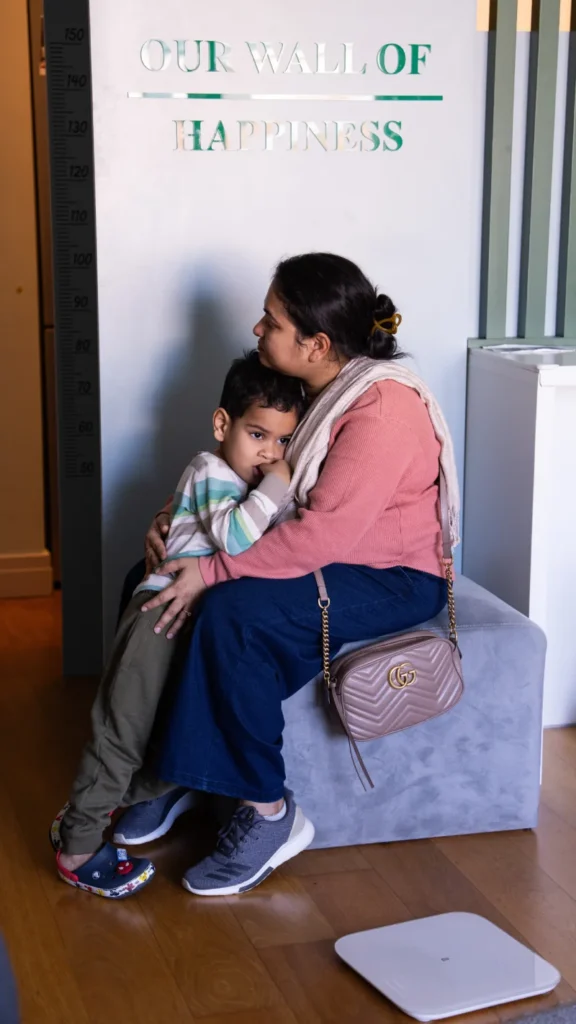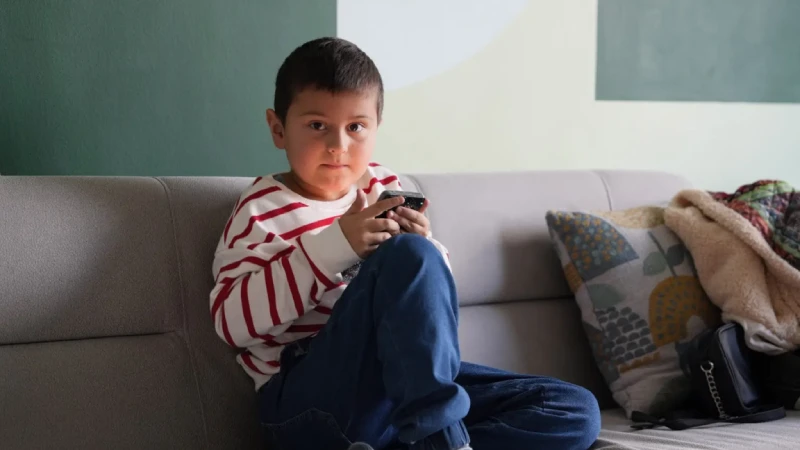Supporting self-care development in individuals with Autism Spectrum Disorder (ASD) is an essential aspect of promoting independence and improving quality of life. Self-care skills are crucial in helping individuals with ASD gain autonomy in daily activities. However, individuals with ASD often face challenges in developing these skills, particularly when it comes to communication, sensory processing, and motor coordination. In this article, we will explore various methods to support self-care development in individuals with ASD, including the potential role of stem cell therapy in improving outcomes.
Table of Contents
Understanding Self-Care in Autism Spectrum Disorder
Self-care encompasses a variety of essential life skills, including dressing, grooming, eating, and maintaining personal hygiene. For individuals with Autism Spectrum Disorder, these tasks may be particularly difficult due to challenges in communication, sensory processing, and motor skills. Early intervention, targeted strategies, and consistent support can help individuals with ASD gradually build self-care skills, enhancing their independence.
Challenges Faced by Individuals with Autism
- Communication Barriers: Many individuals with ASD struggle with verbal communication, which can complicate the process of learning and requesting help with self-care tasks.
- Sensory Sensitivities: Individuals with ASD may have heightened sensitivities to textures, smells, or sounds, making certain self-care tasks, such as brushing teeth or taking a shower, overwhelming.
- Motor Coordination Issues: Difficulties with fine and gross motor skills can impede tasks like dressing, feeding, or grooming.
By understanding these challenges, caregivers, therapists, and families can tailor interventions to help individuals with ASD develop self-care abilities over time.
How Stem Cell Therapy Can Support Self-Care Development in ASD
While traditional approaches to self-care development, such as behavioral therapy and occupational therapy, play an important role, stem cell therapy is emerging as a promising avenue for improving the overall well-being of individuals with ASD. Stem cell therapy for autism is gaining attention for its potential to help regenerate neural tissues and improve neurological function, which could lead to improved motor coordination, sensory processing, and communication abilities.
Stem Cell Therapy Reviews for Autism
According to several stem cell therapy for autism reviews, many parents and medical professionals report significant improvements in cognitive function, communication skills, and behavioral outcomes in children with ASD. These improvements could directly impact an individual’s ability to perform self-care tasks independently.
Stem Cell Therapy Autism Clinical Trials
Ongoing clinical trials are exploring how stem cell therapy might improve the symptoms of ASD. Trials have shown that stem cells, particularly those derived from umbilical cord blood or mesenchymal stem cells, can help regenerate damaged brain tissue, potentially leading to improvements in motor skills and sensory processing. Such advancements could, in turn, help individuals with ASD gain greater independence in self-care activities.

Practical Strategies for Supporting Self-Care in Individuals with ASD
Beyond medical treatments like stem cell therapy, there are several practical strategies that caregivers and professionals can use to support self-care development in individuals with ASD:
- Visual Supports and Schedules Using visual schedules and prompts helps individuals with ASD understand and follow the sequence of self-care tasks. Clear, simple visuals can reduce anxiety and improve task completion.
- Task Analysis Breaking down self-care tasks into smaller, manageable steps allows individuals with ASD to focus on one action at a time, improving their chances of success.
- Sensory-Friendly Approaches For individuals with sensory sensitivities, offering sensory-friendly products (like textured toothbrushes or unscented soap) can make self-care activities more comfortable and less overwhelming.
- Positive Reinforcement Consistently reinforcing successes, no matter how small, encourages individuals with ASD to continue practicing and improving their self-care skills.
How Effective is Stem Cell Therapy for Autism?
Many parents and caregivers are curious about the effectiveness of stem cell therapy for autism. Research into this area is still developing, but early studies suggest promising results. Stem cell therapy may not only help improve neurological function but could also enhance self-care skills by improving motor coordination, cognitive function, and sensory processing abilities.
Stem Cell Therapy Autism Success Rate
While the success rate of stem cell therapy for autism varies from patient to patient, anecdotal evidence and stem cell therapy autism success stories highlight significant improvements in children’s ability to perform daily activities. Though more research is needed, the results so far are encouraging, showing that stem cells may offer a potential solution for those with more severe symptoms.
Conclusion
Supporting the development of self-care in individuals with Autism Spectrum Disorder is essential for promoting independence and improving quality of life. While traditional approaches like therapy and interventions are important, emerging treatments such as stem cell therapy hold significant promise for improving the neurological functions that are essential for self-care. As research advances, stem cell therapy may offer a valuable tool for individuals with ASD, providing a pathway to improved self-sufficiency and quality of life.
FAQs
Can stem cell therapy really help with self-care skills in individuals with autism?
Yes, stem cell therapy has the potential to improve neurological functions, such as motor coordination and sensory processing, which could enhance self-care abilities.
What are the best stem cell clinics for autism?
The best stem cell clinics for autism are those with a proven track record, experienced medical professionals, and a commitment to ethical practices and cutting-edge treatments.
Q3: What is the success rate of stem cell therapy for autism?
The success rate varies, but many individuals show improvements in areas like communication, motor skills, and daily living activities, as noted in stem cell therapy autism success stories.
Q4: Are there any side effects of stem cell therapy for autism?
While stem cell therapy is generally safe, some children may experience mild discomfort or inflammation. It’s important to discuss potential side effects with a healthcare provider.
